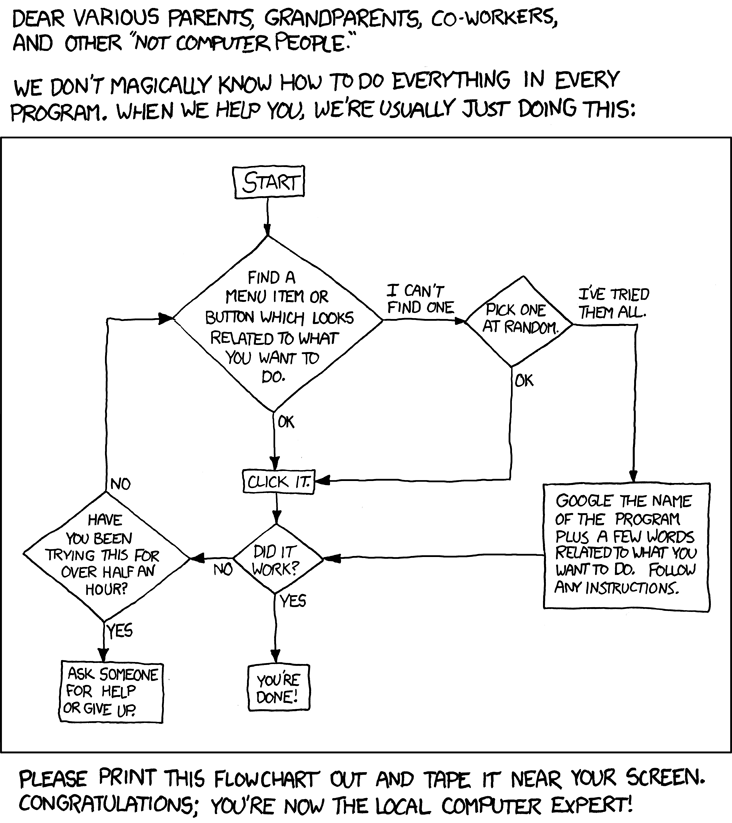And so is mine, but what size is optimal for a media agency? Planning and buying agencies, because that's what I know, but I'd be fascinated to know whether people think this holds in more creative fields too.
Early on in
The Tipping Point, Malcolm Gladwell descibes a phenomenon that seems to point to the optimal size for a company being about 150. He goes on to say that the American company Gore-Tex, contrary to usual manufacturing practice, don't try to build enormous factories to get economies of scale, they build units designed for 150 people with 150 spaces in the car park. When they run out of spaces and people are parking on the grass, they open a new factory. Up to 2009,
Gore Associates has held a position in Fortune Magazine's "100 Best Companies to Work For" for 12 consecutive years.
Gladwell is talking about
Dunbar's Number. A well known theory from anthropology, that - based on brain size - sets the maximum number of stable social relationships that a person can maintain at something just under 150.

Marketing is about ideas and ideas shared. It's a social undertaking and we don't work on a production line. I'll do my job better if I understand how a media buyer does theirs and a planner will be a better planner if they understand a bit of what analysts do.
You can gain this knowledge formally, through training (and then forget it) or you can talk to people regularly in the course of your work. Then Dunbar's number becomes a serious obstacle to effectively running a big agency. Based on personal experience, when you go beyond 150 people, we don't fold back to knowing 150 and just miss a few strange faces in the agency. When you hit, say 300, people fold back onto their own departments and only really know 30 colleagues. Particularly an issue for new joiners, whose colleagues are all drawn from the same department.
It's because you cross paths with a lot of people, but with each person quite infrequently outside of your immediate circle and so communication falls apart. So does social interaction.
Add in staff turnover and the problem suddenly gets a lot worse. Lets play nicely and say annual agency staff turnover is about 25%. If you meet somebody new, that means there's only a 56% chance that you'll both still be here next year.
Round it down for a soundbite and it means that if you randomly meet somebody new in your agency tomorrow, there's only an evens chance that you'll still be working with them next year. Many of the working relationships that do get formed are quickly broken.
I'd love to see somebody take the Gore
-Tex example and apply it in the agency world. Keep the buying power of a big group but never put more than 100 - 150 people in the same building working together. That doesn't mean divorce planning and buying, with a building for each. It means each building runs a certain number of clients and if you get more clients, you open a new office. WPP's GroupM did the pooled buying power bit, but the agencies under its umbrella are still huge.
The are obviously disadvantages - the loss of larger specialist units being one - but I'd be willing to bet that the benefits in shared ideas, shared knowledge and happier, more motivated people would outweigh the costs.





